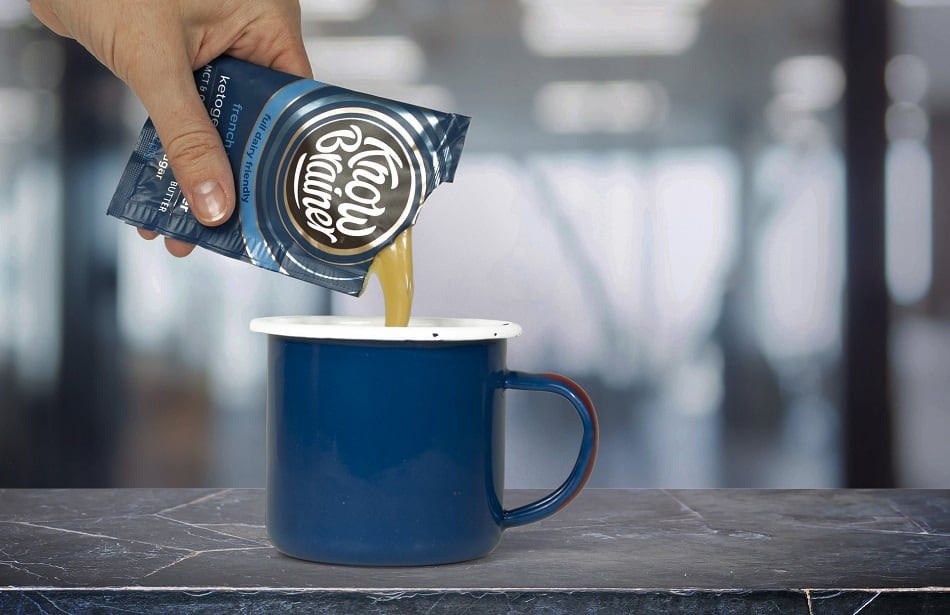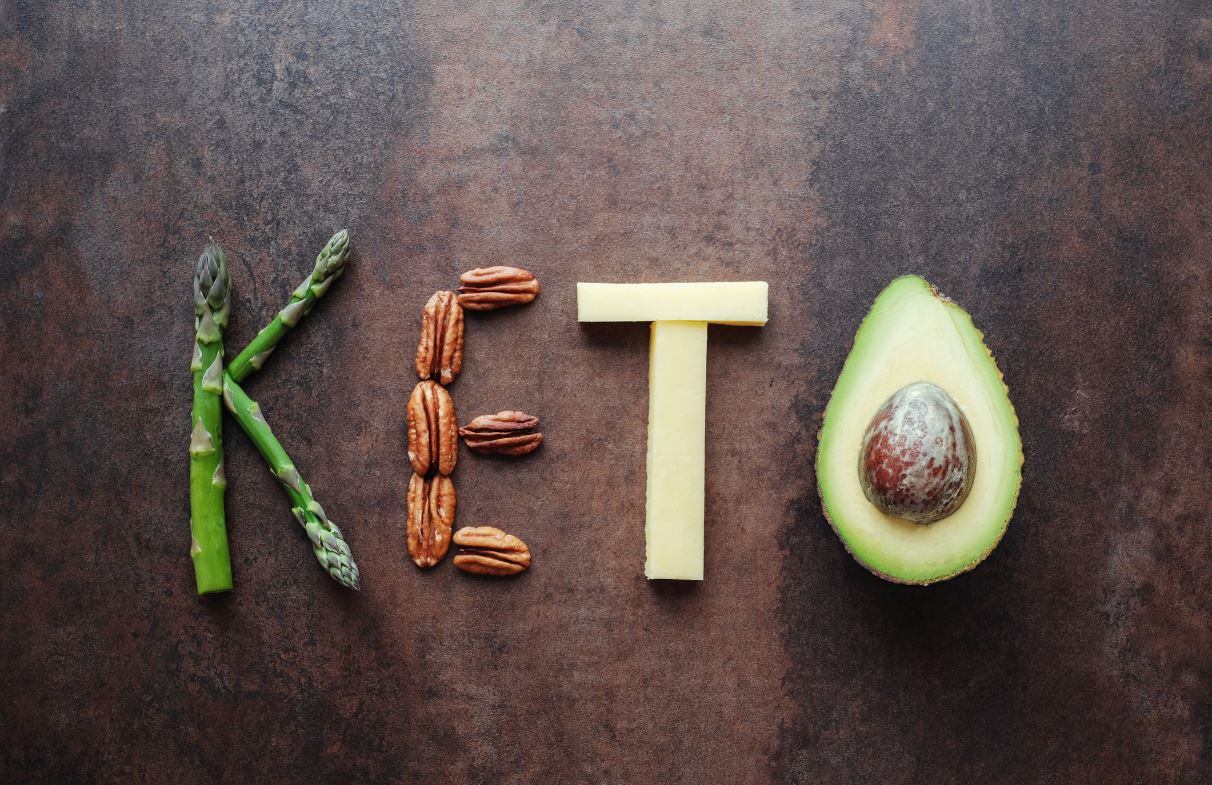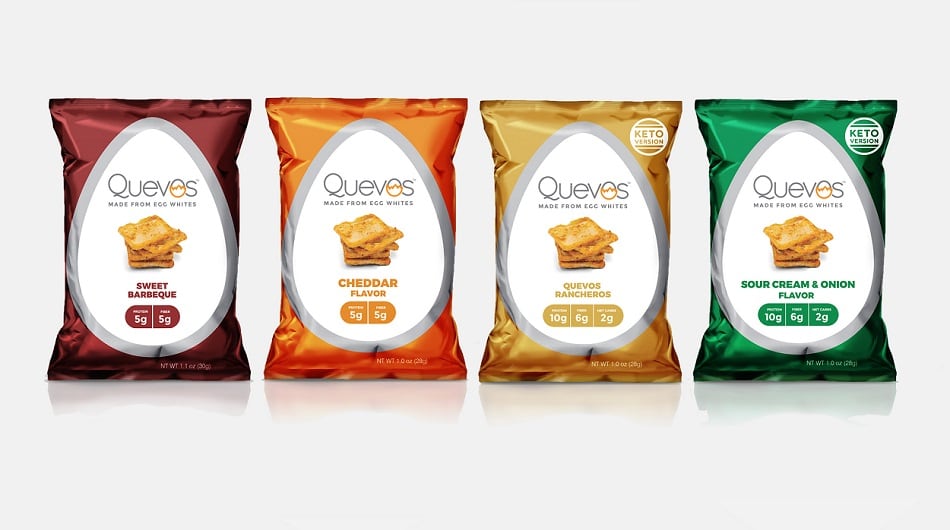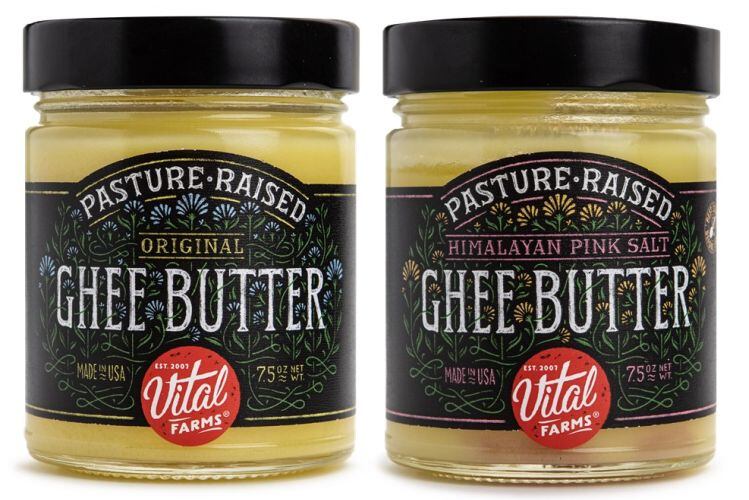Consumer interest in the high fat, moderate protein and very low carb ketogenic diet has soared. According to ingredient supplier, Kerry, Google search frequency for the ketogenic diet grew +1011% between 2016 and 2018 and there is still no indication that it has hit its peak.
That said, "While it feels like an opportunity to address the interest consumers have in the keto diet, it may not be so wise to build a brand solely around this – or any other – potentially fad diet," said Mintel global food analyst, Melanie Zanoza Bartelme, in a recent blog post.
"Keto is hot right now, but what will happen to these brands when the next on-trend diet surges into retail aisles?"
To ensure that brands are not falling victim to passing trends, Bartelme suggested combining keto branding with specific consumer health benefits around functionality, natural energy, the brain-gut connection, and personalization.
Functional focus
While the keto diet has been a popular method to lose weight, Bartelme noted that health benefits go beyond weight loss and that keto-friendly products could highlight cognitive and increased energy benefits the diet is claimed to promote.
According to Mintel, consumers (aged 18-24) cited a desired for increased energy as a leading reason to eat healthier and are on the lookout for products that help boost energy. Keto products can take advantage of this by playing into the growing market of 'biohacking' (the process of making changes to your lifestyle in order to 'hack' your body’s biology), Bartelme said.
"The emerging concept of biohacking is creating new opportunities for products to help consumers boost energy at a cellular level. There are different ways products can be used to support mitochondria (the energy-producing element in cells), including ingredients designed to either generate more mitochondria, improve mitochondria function, or antioxidants to protect mitochondrial DNA from damaging free radicals," she said.
Tapping into the gut-brain connection is another area of opportunity, added Bartelme.
"Consumers are beginning to understand that the foods they eat have an impact on both their physical and mental well-being. Some versions of the keto diet, specifically 'clean' keto, suggest that the idea of supporting brain health with nutrition will develop from this diet. Emerging research on the gut-brain connection will change the way we think about brain health and increase awareness about the benefits of certain ingredients, such as fiber, omega-3s, and mesonutrients, the active compounds within superfoods," she said.
Know Brainer Foods, a company making butter coffee creamer using clarified butter and MCT oil, has positioned its products as not only keto-friendly but also as 'brain food'.

Create personalization options
Building in some flexibility into the keto diet outside of the standard version (very low carbs, moderate protein, and high fat) will help brands and products appeal to more consumers. Variations of the keto diet such as 'targeted keto' which allows followers to add in carbs around workouts and the 'high-protein ketogenic diet', which adds in more protein, are gaining popularity among consumers who may want to ease into the diet.
"Almost three-quarters of US consumers who are managing their weight claim to follow their own eating program/guidelines," Bartelme said.
Keto-ish?
According to Kerry, the keto diet is well placed for customization and flexibility with the growing number of online resources, DIY recipes, and keto-focused blogs.
"One way the keto consumer is set apart from other, more traditional dieters is the acceptance of following a keto-ish plan, rather than being bound to strict rules and elaborate eating plans," said Kerry.
"The appearance of these DIY recipes indicates that keto consumers are ready and willing to take their eating plans into their own hands. But, it also suggests that there’s a gap in the market for these consumers—that they may be making their own keto meals and indulgent desserts and cocktails because they’re unable to identify which grocery and restaurant products align with the keto lifestyle," Kerry added.




